
elementary OS may not be as much as popular as it used to be.
That being said, elementary OS 8 release is still on the horizon with some useful changes based on Ubuntu 24.04 LTS.
So, for users wondering — why is there less discussion about elementary OS updates despite it being one of the most beautiful Ubuntu-based distributions that takes slight inspiration from macOS? And, what is going on now?
Well, the short answer is: it is not at its peak pace of development anymore. But, not all is lost.
Here, I am going to answer why that is the case, and what you can expect from elementary OS in the coming days.
elementary OS: It's Alive, But It Was A Little Dull
Users were often excited to see the changes elementary OS had to bring to the table on top of Ubuntu's goodies.
However, amidst disagreement between co-founders during the pandemic in 2022, co-founder Cassidy quit the elementary OS team.
Right after that, the development pace took a big hit, and we saw elementary OS 7 being released almost a year after Ubuntu 22.04 LTS came up.
Unlike its past release, it was not as exciting, to be honest 😔
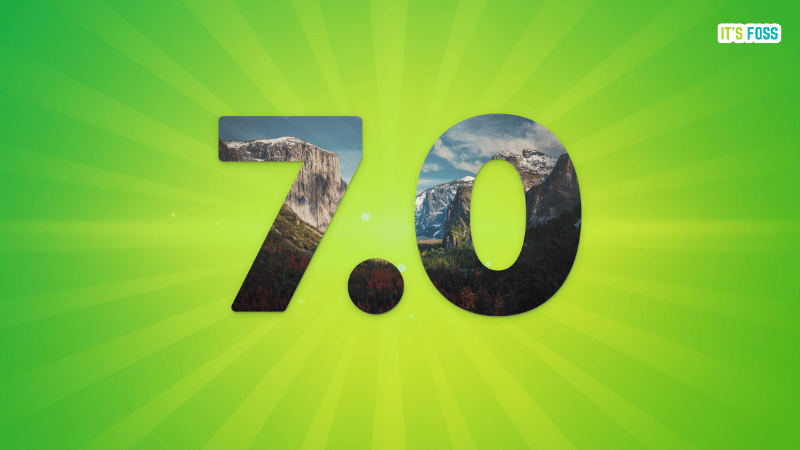
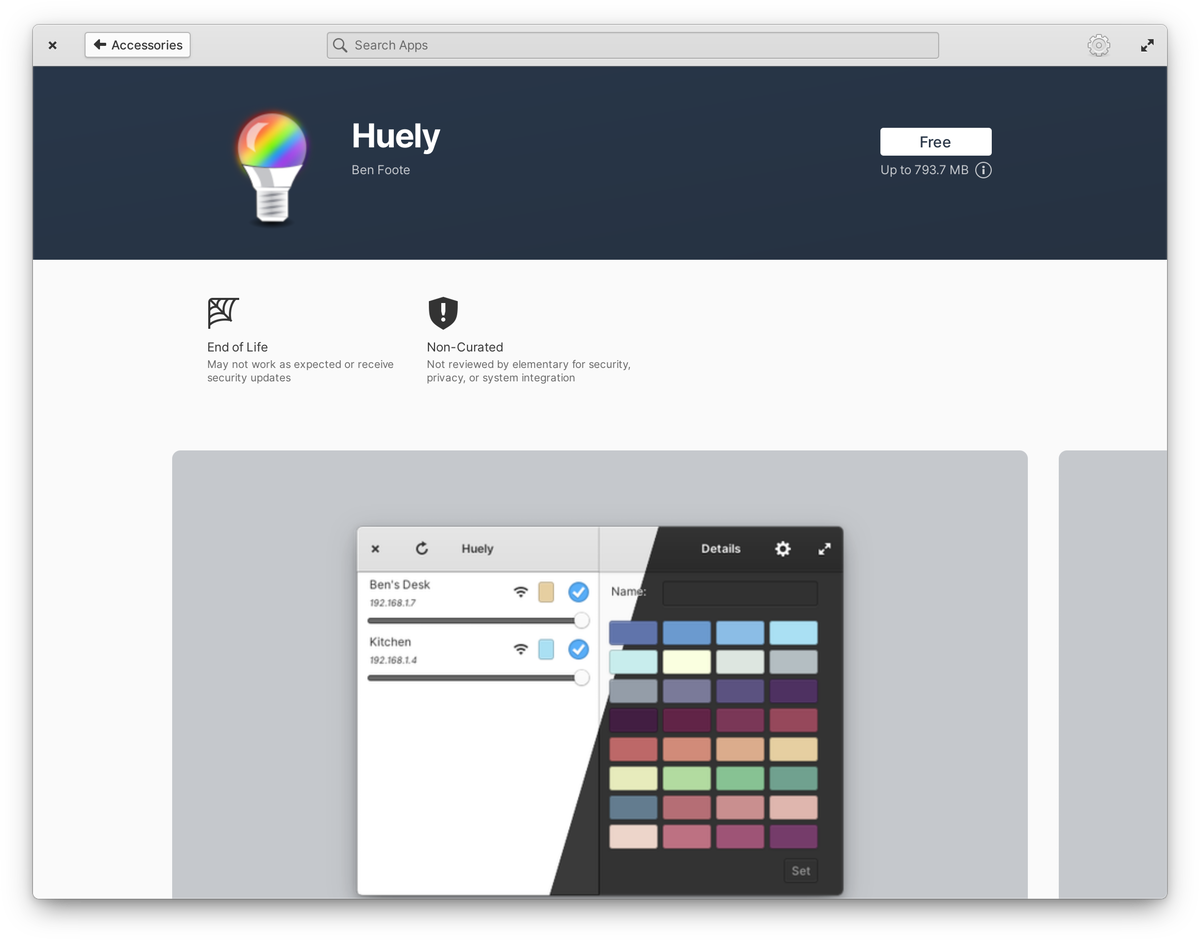
Similarly, there were updates to elementary OS 7. But, when compared to elementary OS 6, it was not as frequent.
You can go through our older coverages if you do not believe me.
elementary OS Development: Getting Back on Track!
While the development took a hit, it seems to be (almost) back to its original days.
And, why do I think that? It is because elementary OS 7.1 did not disappoint when compared to elementary OS 6.1. Here's our older coverage for it:

It had similar-level of updates to the platform just like elementary OS 6.1.
So, arguably, the development picked up most of its original essence back in October 2023 with elementary OS 7.1 😀
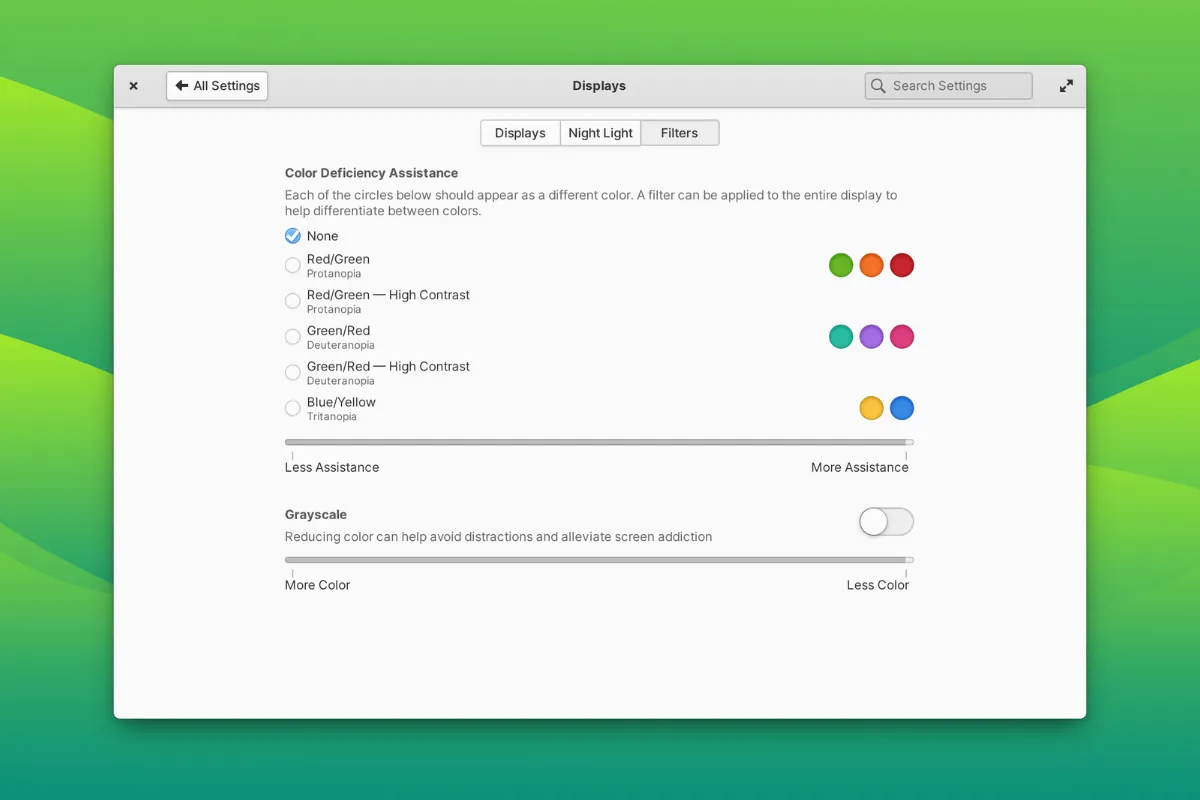
The changes included a revamp to its toggle menu redesign for VPNs, welcome app, and a better way to include the usage of third-party stores like Flathub.
Now, the default elementary OS apps like “Videos” are shipped as Flatpak packages. So, if you want to get rid of Snap packages and utilize Flatpak as much as possible, elementary OS is a good bet.
Moreover, elementary OS 7.x took an interesting take on accessibility improvements when compared to the other distributions. Things like:
- Audio prompt for screen reader shortcut during first install
- Color settings for users with vision-related disabilities
What About elementary OS 8?
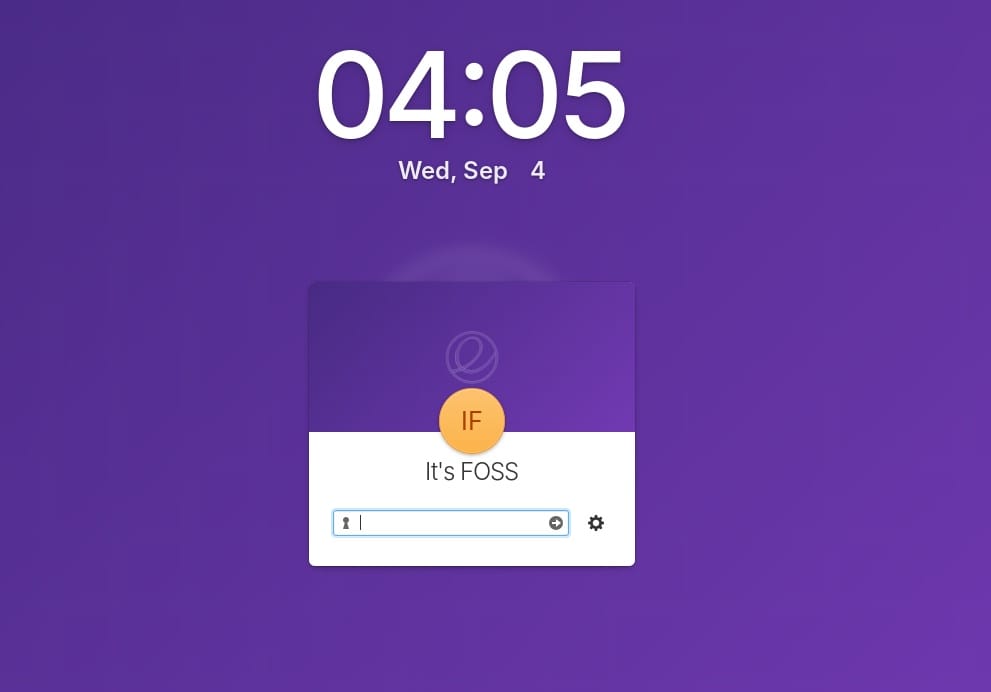
A good indicator about its development activity is its upcoming major release, elementary OS 8, based on Ubuntu 24.04 LTS.
I took a sneak peek at it using the daily build, and elementary OS 8 is almost ready to have an RC release.
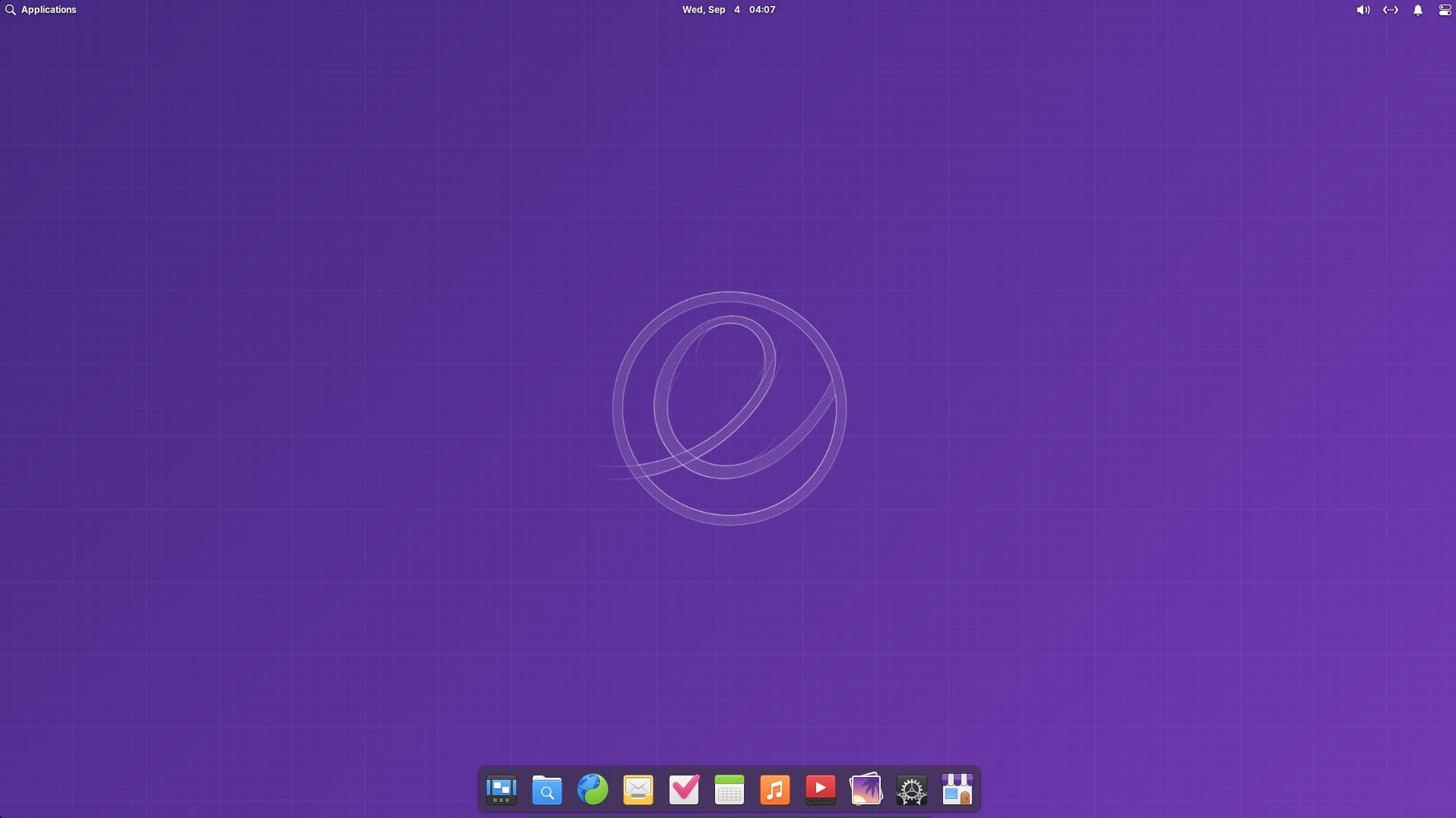
They are waiting for approval on a new window manager protocol that would help them ship a new Dock in both Compatibility (X11) and Secure (Wayland) desktop sessions. And, they mention that it allows users to have a better multitasking experience, even for multi-monitor users.
Yes, they have renamed the sessions for new Linux users. And, I do not mind that.
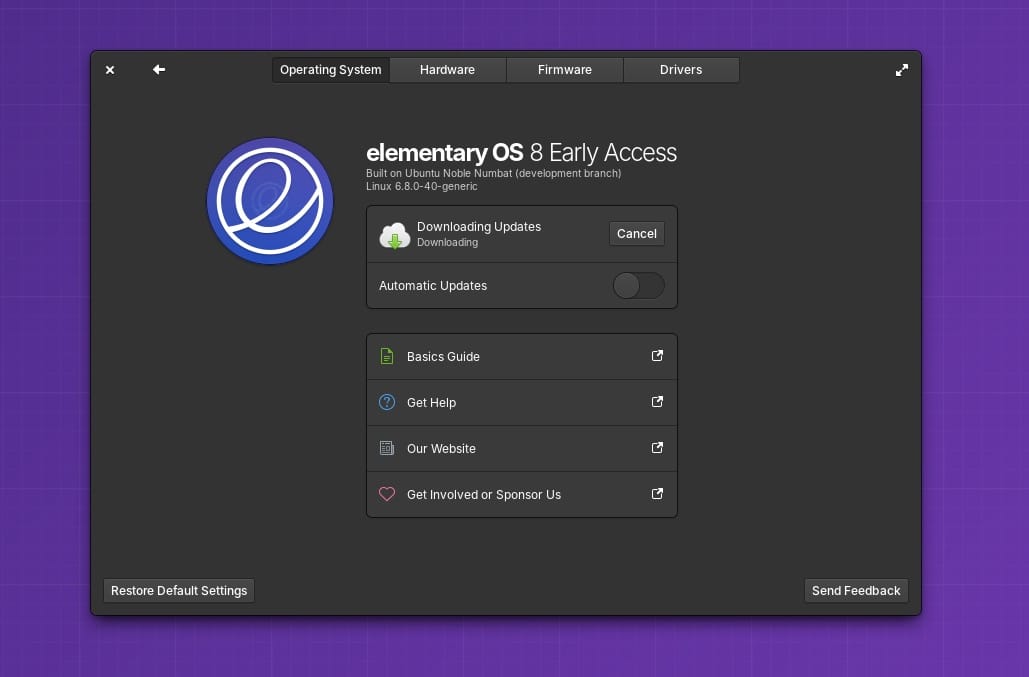
You can expect things like:
- The settings app handles system updates (instead of AppCenter)
- AppCenter is now Flatpak only
- New toggle menu icon giving you easy access to the screen reader, onscreen keyboard, font size, and other system settings
- WireGuard VPN support
I would be covering feature improvements to elementary OS 8 in a separate article soon. But, for now, I hope you get a good idea.
Hopefully, We Are Getting a Comeback This Time!
I am optimistic about elementary OS 8, and I think we are getting a comeback with elementary OS 8.
Of course, still not at its original pace because it is September 2024, and we still do not have a new upgrade. But, it is almost close to a final release, along with significant changes to the platform, which is not a bad thing at all.
- Even the biggest players in the Linux world don't care about desktop Linux users. We do.
- We don't put informational content behind paywall. Your support keeps it open for everyone. Think of it like 'pay it forward'.
- Don't like ads? With the Plus membership, you get an ad-free reading experience.
- When millions of AI-generated content is being published daily, you read and learn from real human Linux users.
- It costs just $2 a month, less than the cost of your favorite burger.
Become a Plus Member today and join over 300 people in supporting our work.










